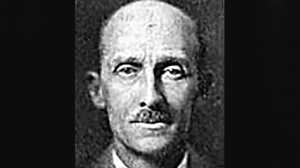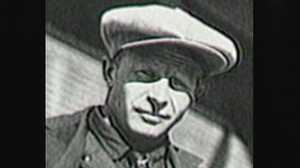Charles Murphy

The transformation of Richard Byrd from intrepid Arctic explorer to all-American hero was a carefully orchestrated operation. Byrd was astute enough to know that the growing influence of mass-media — at the time just newspapers and radios — could be put to use to improve his image and his chances of securing funding for future expeditions. Charles Murphy, the CBS correspondent who accompanied Byrd on his second Antarctic expedition played a major role in crafting the public persona of Richard Byrd. Murphy had been a Byrd booster well before setting out toward the South Pole with him. It was important to Murphy that Byrd's image as a hero be maintained. In order to do that, Murphy had to occasionally surrender his journalistic independence. It was not beneath Byrd to edit Murphy's dispatches in order to present the mission in a more favorable light. It was Murphy who wrote the scripts for the weekly radio shows that were broadcast from Little America. Byrd came to regard Murphy as a trusted confidant, and even acted as best man at the reporter's wedding.
Following the South Pole adventure, Murphy played a pivotal role in the writing of Byrd's account of the expedition. He would also go on to write his own biography of the man he so admired, "Struggle: The Life and Exploits of Commander Richard E. Byrd." In addition to ghostwriting for Richard Byrd, Charles Murphy put his journalistic talents to work in books "written by" the Duke and Duchess of Windsor. While spending the remainder of his career as a writer for Fortune magazine, Murphy also published a number of books under his own name, including the children's story "Little Toot." He died in 1987, at age 83.







